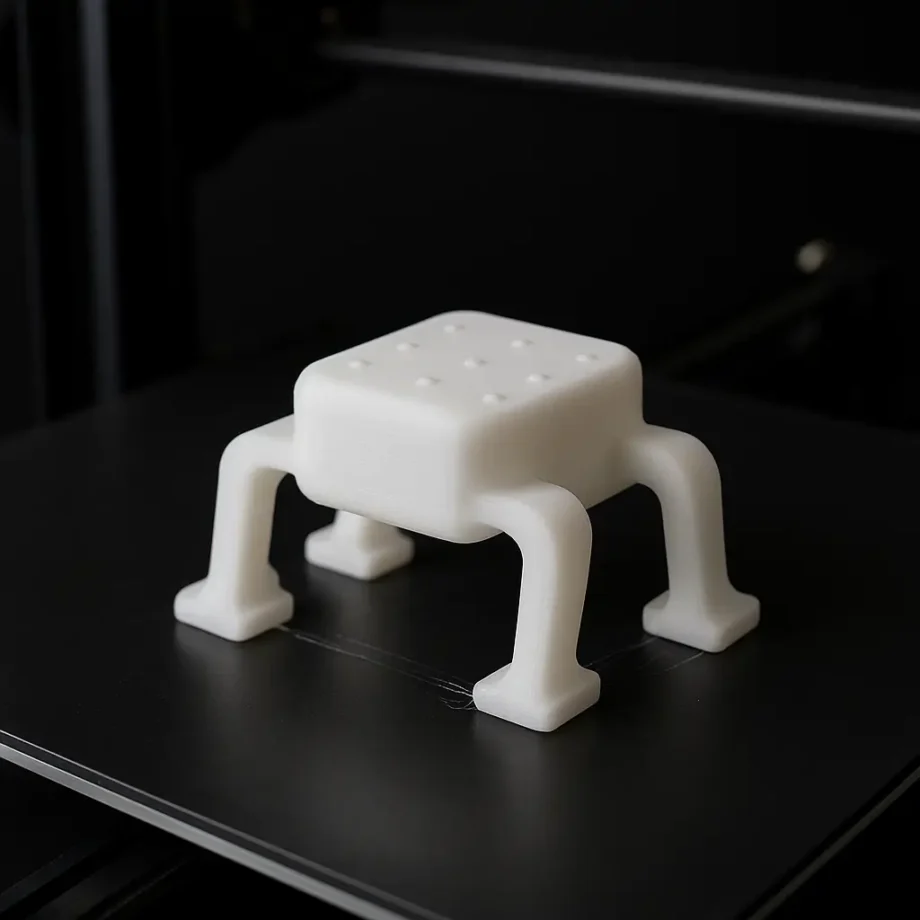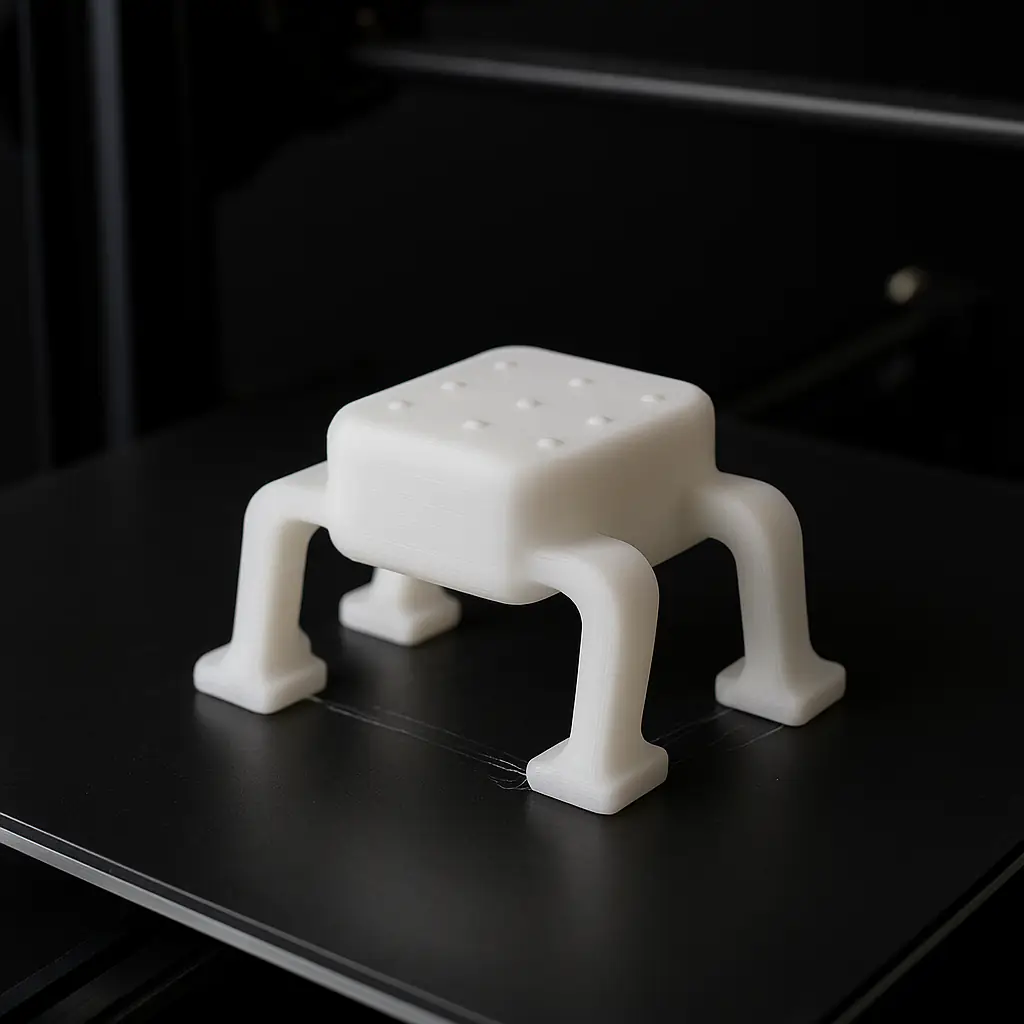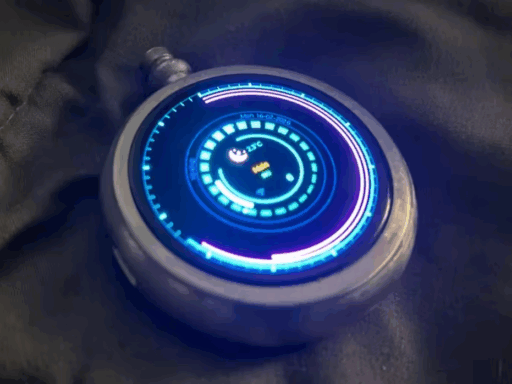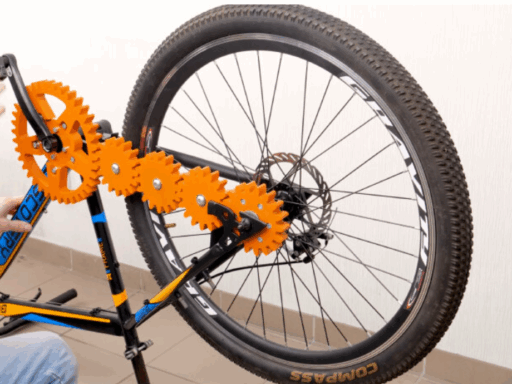Researchers from the University of Edinburgh have developed the world’s first soft robots that are capable of walking immediately after being printed, with no circuits, wires, or assembly required. The initiative is funded by the Engineering and Physical Sciences Research Council (EPSRC).
The four-legged, palm-sized robots are crafted using a new low-cost 3D printing system called the Flex Printer, made entirely from a soft plastic material, and powered by air pressure. Once printed and connected to a compressed air supply, they literally walk off the machine that created them.
The University team, led by PhD students Maks Gepner and Jonah Mack, with academic supervision by Professor Adam A. Stokes, aims to address these challenges by building a user-friendly setup that can be assembled for under £400 using off-the-shelf parts. The project and its findings are detailed in Device, part of the Cell Press journal group.
“It used to take years to figure out how to print using these materials. Using our new platform, anyone can now easily print things which were previously thought to be impossible. This is a game-changer for engineers and artists alike. Our hope is that this technology will help drive the next wave of research breakthroughs. Without the long-standing manufacturing and design bottlenecks holding it back, we believe soft robotics is ready to make a major real-world impact,” said lead scientist Maks Gepner.
While some conventional limitations, such as high cost, specific professional expertise, and lack of standardized design are still an obstacle for its real-world application, Soft robotics (made from compliant materials like soft plastics) has amazing potential in a diverse range of fields, from nuclear decommissioning to biomedicine to even aerospace.
All hardware and software designs have been made publicly available to encourage collaboration and innovation.






